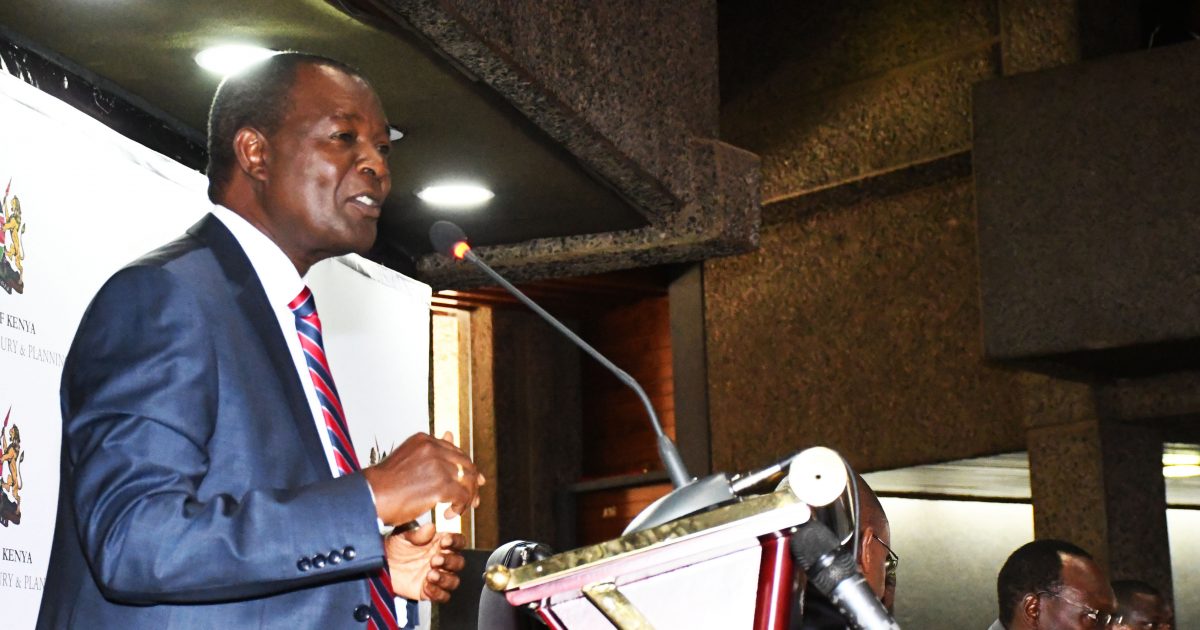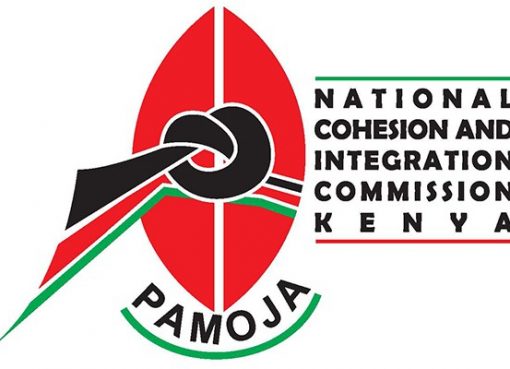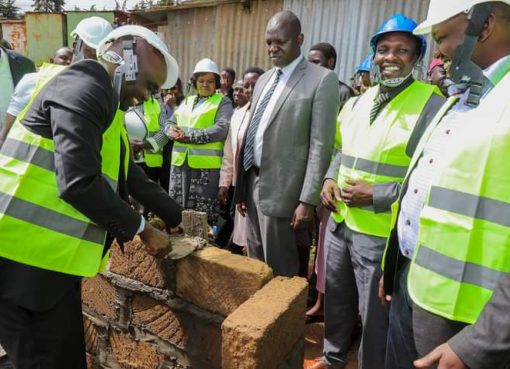The budget making process is being crafted to make sure that the country’s growth is all inclusive and embraces the people at the bottom of the pyramid in efforts to reduce poverty.
National Treasury and economic planning Cabinet Secretary (CS) Prof. Njuguna Ndung’u said that this growth will be reinforced by the government’s Bottom-Up Economic Transformation Agenda geared towards economic turnaround and inclusive growth.
Speaking on Wednesday during the public hearings for the Financial Year 2023/24 and the medium-term budget preparation at Kenyatta International Convention Centre (KICC), Ndung’u said that Kenya’s economy was projected to grow by 5.5 percent in 2022 and above 6.0 percent over the medium term.
The CS explained that the Bottom-up Approach to economic management will drive the economic recovery agenda that will emphasize on three dimensions to support economic recovery that includes protecting private investments which is targeted at human capital development that is health, education and nutrition.
“The second approach is to develop, regulate and protect markets. Markets will ignite and increase production and productivity downstream and increase incomes upstream. It is in markets that economic rents are shared and distributed which is the essence of Bottom-Up approach,” said the CS.
Ndung’u said that the digital solutions will create an efficient platform for government services that will reach all effectively.
“The Bottom-Up Economic Transformation Agenda will seek to increase investments in at least five sectors envisaged to have the largest impact on the economy as well as on household welfare. These include Agriculture; Micro, Small and Medium Enterprise (MSME); Housing and Settlement; Healthcare; and Digital Superhighway and Creative Industry,” he said.
The CS explained that the government has in this regard launched the Hustlers Fund as an intervention to correct market failure problems at the bottom of the pyramid.
“This program aims to lift those at the bottom of the pyramid through structured products in personal finance that includes savings, credit, insurance and investment,” said Ndung’u.
He called on the sector Working Groups to ensure that the planned Programmes give priority to the five thematic areas, even as they seek to complete the ongoing programmes.
“As we prepare the FY 2023/24 and the Medium Term, emphasis will be on aggressive revenue mobilization including policy measures to bring on board additional revenue,” he said.
Ndung’u added that the strong outcome in revenue collection in the FY 2021/22 offers a strong base for supporting the expenditure estimates.
The CS explained that based on the County Governments fiscal performance in the FY 2021/22, County Governments are also expected to put measures in place to address optimization of Own Source Revenue collection; adherence to fiscal responsibility principles; and clearance of pending bills.
National Treasury Principal Secretary (PS) Dr. Chris Kiptoo said that the government is focused on having an inclusive growth which benefits everyone in society and not only a select few.
To drive this inclusive growth, Kiptoo said that they will specially focus on increased employment which will ensure a more equitable distribution of income.
“The government is going to focus on the sources of growth which include agriculture transformation, service economy, creative economy and MSME’s since this is where proper market operations will support the economic recovery agenda,” said Kiptoo.
On support to MSME’s, Kiptoo said that they are going to focus on a favourable tax regime, supporting business start -ups on intellectual property rights and training for skills development.
“We will also focus on establishment of MSME’s industrial parks,” said the PS.
He added that on agricultural productivity they will focus on value chain development and revitalization of the crops and livestock value chains.
By Joseph Ng’ang’a





